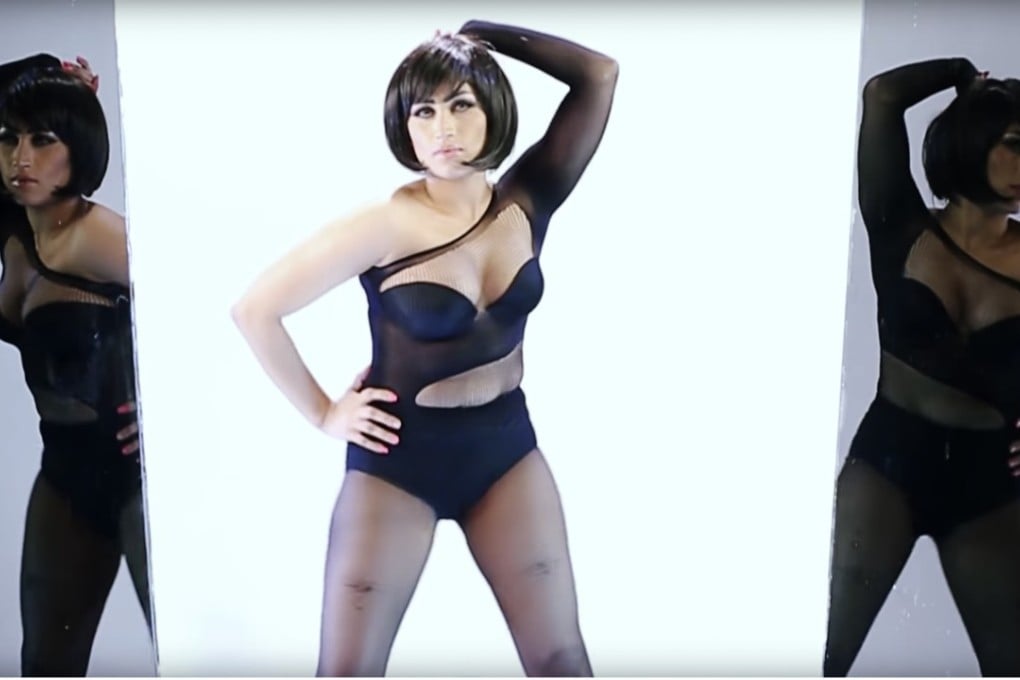Review | The murder of a social media star: rebel who confronted Pakistan’s male-dominated culture – and paid the ultimate price
A new book on Qandeel Baloch’s killing – by her own brother – offers unsettling insights into a society where violence against women is accepted as the norm

The Sensational Life and Death of Qandeel Baloch
by Sanam Maher
Aleph Book Company
I remember when internet provocateur Qandeel Baloch first made headlines on the Indian side of the border. Baloch was already infamous in Pakistan because of the suggestive videos she posted online, although they were quite innocuous by Western standards. But in March 2016, she announced on her Facebook page that she would perform a striptease for her followers and dedicate it to Shahid Afridi, then the Pakistani cricket captain, if his team won a hugely anticipated match against India.
And then she was dead, strangled by her brother in an “honour killing”, for allegedly bringing shame on her family.
Instead, she became the highest-profile woman to lose her life for refusing to conform to the subcontinent’s regressive patriarchal norms. And the reputation of the woman written off by many as a desperate attention seeker changed instantly. Baloch was no longer just “Pakistan’s Kim Kardashian” – she had become a feminist icon.

To her credit, Maher set her ambitions higher than just writing a biography and what emerges is richer and more unsettling: an exploration of how an entire society can condemn a woman to death.
Baloch was born Fouzia Azeem to a poor family in the village of Shah Sadar Din, in Punjab province, where honour killings are common, individualism is routinely stamped out and the actions of women such as Baloch are seen as failures of both the family and the community.